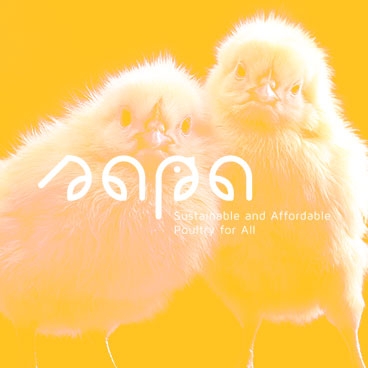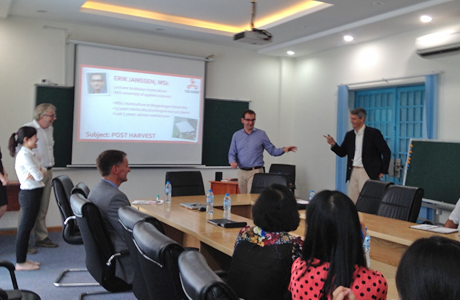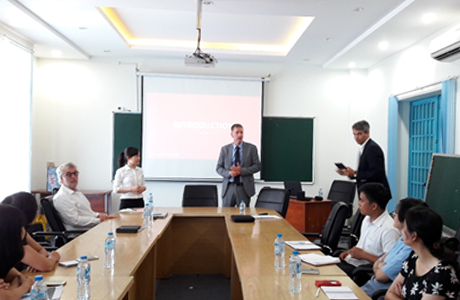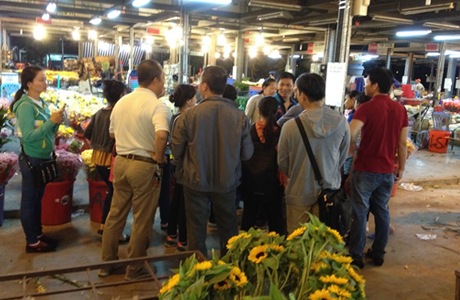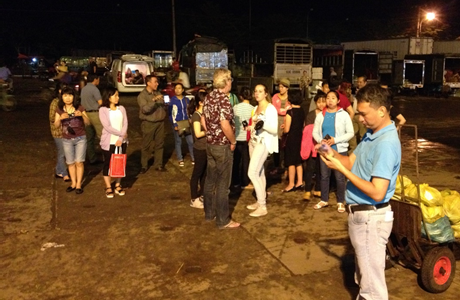SAPA (Sustainable and Affordable Poultry for All) aims at improving the food security and rural incomes of smallholder poultry and corn farmers in Myanmar through a public private partnership in which several parties are involved, including De Heus, Belgabroed, Fresh Studio, Aeres Group, Myanmar Livestock Federation and Yezin Agriculture University.
Read more in-depth about the SAPA project on the project website: Visit the SAPA website
Background
Myanmar is one of the most resource rich countries in Southeast Asia:
- A land area and fresh water resources double in size compared to for example Vietnam
- An estimated population of 60 million people
- Strategically located between the two enormous markets of China and India
- Easy access to buoyant markets in the Gulf
- Diverse topography and eco-systems enable farmers to produce a wide range of cereals, pulses, horticulture, fruits, livestock and fish
Myanmar’s farmers find themselves well-positioned to contest both regional and global agricultural markets. Despite these rich resources, Myanmar’s economy has underperformed over the past fifty years.
In the SAPA project strengths are combined between International companies, knowledge institutions and local NGO’s active in the poultry and corn (value) chain.
Approach
The SAPA project offers solutions to improve food security in Myanmar and enhance livelihoods of poultry and corn smallholders in Myanmar, by introducing more productive, profitable and sustainable production systems for poultry and corn production. And at the same time the capacity will be built of both corn and broiler farmers to implement these sustainable production systems. For the demand for poultry this will result in more affordable and reliable access to animal protein in Myanmar. Finally, knowledge capturing and sharing is the backbone of SAPA to promote institutional learning on both micro as macro level.
The project focuses on 3 core themes:
- Myanmar food security: more affordable and reliable access to higher quality and safer chicken.
- Sustainable chain solutions: Myanmar farmers have the possibility to choose their own input and output for their broilers. Ownership is created and is based on developed knowledge and experience with different actors in the chain.
- Inclusive business: the project aims at having impact on low income groups, both employees, producers and entrepreneurs in Myanmar.

